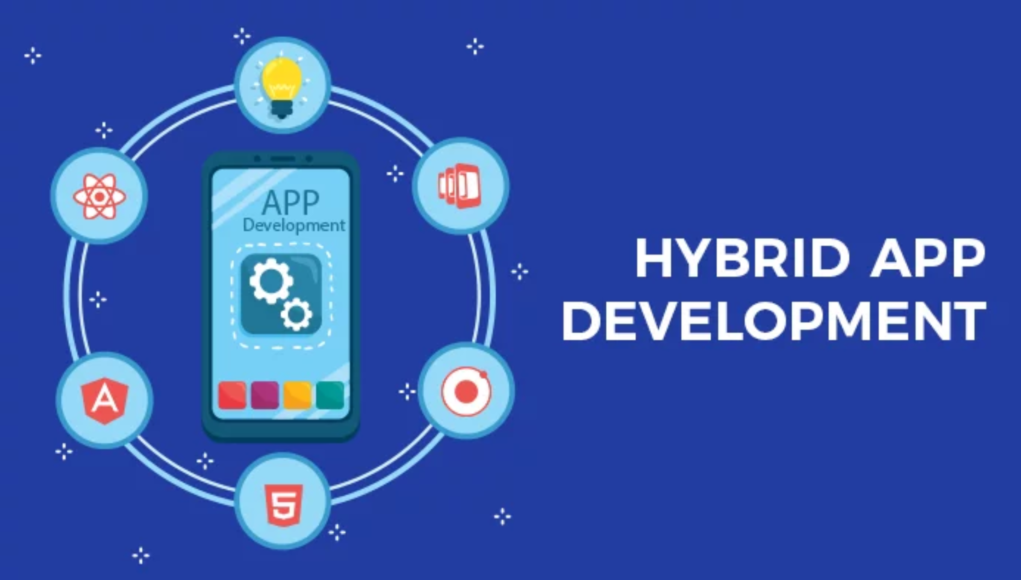Do you want to build a hybrid app that functions seamlessly on Android and iOS platforms as intended? There is a set process, regulations, and methodology to follow in order to achieve high-functioning software, and that includes app testing.
With mobile app testing, businesses aim to deliver a friction-free user experience and meet customer expectations. Hence, they are hiring a reliable hybrid app development company to ensure efficient mobile app testing with suitable mobile testing tools and well-defined strategies.
Involvement of QA from the Initial Stage of Development
When you hire a reliable hybrid app development company, they keep the testing process a significant part of the app development. This leads to identifying pitfalls in the early stage of the development process, delivering seamless performance to users.
On the other hand, introducing testing in the later stages of the development process can affect the functionality, security, and software performance.
Meticulously Test on Cross-platform
Once you’ve laid the groundwork for early testing involvement, the next crucial step is to ensure meticulous testing across different platforms. Hybrid apps, by nature, operate on various platforms and devices. Therefore, it’s imperative to validate that your app performs consistently across each one.
The diverse ecosystem of Android and iOS devices presents a unique challenge for hybrid app developers. An app that works flawlessly on one platform might encounter issues on another. Comprehensive testing on different devices, operating systems, and screen sizes is essential to guarantee a seamless user experience. This not only enhances the app’s reliability but also expands its reach to a broader audience.
Focus on Security Testing
In today’s digital landscape, security is paramount. Hybrid apps, which leverage both web and native components, demand rigorous security testing. Identifying vulnerabilities in the early stages of development helps fortify the app against potential threats.
Security testing involves assessing the app’s resistance to external attacks, data breaches, and unauthorized access. Encryption protocols, secure data storage, and authentication mechanisms must be thoroughly evaluated. By integrating security testing into the development lifecycle, you can proactively address vulnerabilities and ensure that user data remains safeguarded.
Testing for Robust Performance
A robust app is one that not only functions smoothly under regular conditions but also withstands unexpected challenges. Robust performance testing involves pushing the app to its limits to gauge its stability and responsiveness in adverse situations.
Simulating heavy user loads, network fluctuations, and resource constraints can uncover potential bottlenecks and performance issues. By conducting stress testing, you can identify the app’s breaking points and optimize its performance under varying conditions. This proactive approach ensures that your hybrid app delivers consistent performance, even during peak usage periods.
Testing Across Multiple Screen Sizes
Hybrid apps must adapt seamlessly to the diverse range of screen sizes available across devices. Testing for responsiveness and layout consistency across different screen dimensions is crucial for providing an optimal user experience.
Utilize emulators and real devices to simulate various screen sizes and resolutions. This helps identify any layout issues, overlapping elements, or font size discrepancies that may arise on specific devices. By addressing these concerns early on, you can ensure that your hybrid app looks and functions impeccably, regardless of the device it’s accessed from.
Network Connectivity Testing
In an era where users expect uninterrupted connectivity, testing the app’s behavior under different network conditions is indispensable. Hybrid apps often rely on network resources, making them susceptible to performance issues in areas with weak or fluctuating connectivity.
Conduct network connectivity testing to evaluate how the app performs under different scenarios, such as 3G, 4G, and Wi-Fi. This ensures that users experience consistent functionality, even in areas with limited network coverage. Addressing connectivity challenges during testing enhances the app’s reliability and user satisfaction.
Also read: Features of an eCommerce Website for the Fashion Industry
Conclusion
In conclusion, adopting a comprehensive testing strategy is pivotal for ensuring the reliable performance of hybrid apps. Involving QA from the initial stages of development, meticulous cross-platform testing, a focus on security, testing for robust performance, consideration of multiple screen sizes, network connectivity testing, and evaluating performance under varied conditions collectively contribute to delivering a seamless and reliable hybrid app.
You can opt for hybrid app development services to prioritize testing throughout the development lifecycle. With this, you identify and rectify potential issues early on and build an app that excels in performance, security, and user satisfaction. Embrace a proactive testing approach, and your hybrid app will stand out in the competitive digital landscape.








